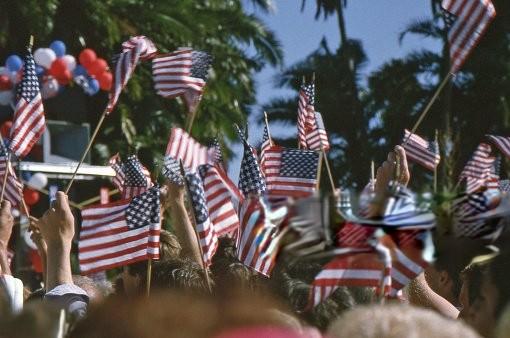Introduction
As the United States gears up for another presidential election, political analysts and bettors alike are closely watching the US presidential election odds to gauge the potential outcome of the race for the White House. With stakes running high and tensions mounting, understanding the latest election odds provides valuable insights into the dynamics shaping American politics. In this article, we delve into the intricacies of the US presidential election odds, examining the factors influencing the betting markets and the implications for the upcoming election.
Understanding US Presidential Election Odds
US presidential election odds represent the likelihood of a particular candidate winning the presidency, as determined by betting markets and prediction markets. These odds are typically expressed as either fractional odds or implied probability, with lower odds indicating a higher probability of winning and higher odds suggesting a lower chance of success. Bettors and political analysts use election odds as a barometer of public sentiment and to inform their predictions about the outcome of the election.

Factors Influencing Election Odds
Several factors can influence US presidential election odds, including polling data, campaign dynamics, economic indicators, and geopolitical events. Polling data, in particular, plays a crucial role in shaping election odds, as it provides insights into voter preferences and trends. Campaign dynamics, such as candidate performance in debates and campaign rallies, can also impact election odds, as can economic indicators like unemployment rates and GDP growth.
Implications for the Election
The US presidential election odds offer valuable insights into the state of the race and can have significant implications for the outcome of the election. As candidates rise and fall in the betting markets, their prospects for victory may shift accordingly, influencing fundraising efforts, media coverage, and voter perceptions. Additionally, election odds can serve as a leading indicator of potential electoral upsets or surprises, providing early warning signs of shifts in public opinion.
Recent Trends in Election Odds
In recent years, US presidential election odds have become increasingly volatile, reflecting the unpredictable nature of American politics. The rise of unconventional candidates, the proliferation of social media, and the growing influence of outside factors such as foreign interference have all contributed to heightened uncertainty in the betting markets. As a result, bettors and political analysts must carefully consider a wide range of factors when interpreting election odds and making predictions about the outcome of the race.
Conclusion
As the US presidential election approaches, the eyes of the nation turn to the betting markets to gauge the likelihood of victory for the various candidates vying for the highest office in the land. US presidential election odds offer valuable insights into the state of the race, reflecting the complex interplay of factors shaping American politics. By closely monitoring election odds and analyzing the underlying dynamics driving them, bettors and political observers can gain a better understanding of the evolving landscape and make more informed predictions about the outcome of the election.
